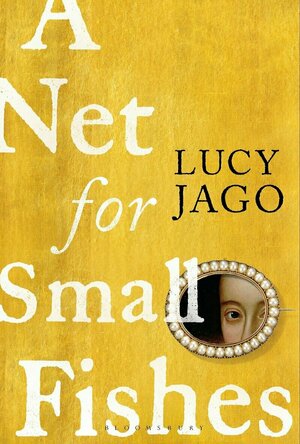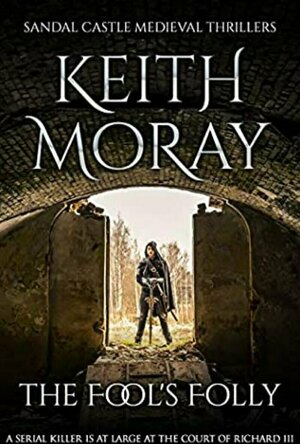ClareR (5879 KP) rated A Net for Small Fishes in Books
Feb 17, 2021
This is a story that I already knew a little about: I read The Poison Bed by E. C. Fremantle on The Pigeonhole about 3 years ago, where the story was told from Frances Howards point of view, and A Net for Small Fishes does nothing to contradict that story. They both illustrate really well how women were expected to conform and be perfect, docile, brood mares for their influential husbands, and in Frankie’s case, how political marriages weren’t always happy ones. It also illustrated how desperation to escape a loveless marriage made two women take desperate action. As so often happens throughout history, the women in this story are punished for the barefaced cheek they had to want better lives for themselves. It’s a frustrating conclusion - but I could see that it was inevitable. It showed that it didn’t matter if you were a woman in one of the most influential families in the country or a doctors widow, you toed the line or suffered the consequences. But what a journey they had!
This is such a good story, as real life often is, and it’s a book that’s going on the Keeper shelf (yes, I bought a copy after I read it on The Pigeonhole - that’s how much I liked it).
Many thanks to The Pigeonhole for serialising this, and to Lucy Jago for contributing to the conversation.
ClareR (5879 KP) rated The Fool’s Folly in Books
Jun 9, 2020
This story is set at Sandal Castle, the seat of John de la Pole, King Richard’s heir (and now it becomes clear why Henry VIII wanted to get rid of the de la Pole family!). De la Pole’s jester is murdered, and the newly appointed judge, Sir Giles Beaton, is asked to get to the bottom of the mystery. What starts out as a seemingly open and shut case, ends up being the start of a killing spree. Giles has to wonder if the deaths are connected, and whether this has something to do with a plot against the King and his heir.
It’s a bit gruesome at points - I liked this, I will admit. Medieval postmortems wouldn’t have been for the more sensitive observer (or reader!), I’m sure. I do have a bit of a thing for historical fiction, and a newly developed respect for crime and mysteries. I appreciate the attention to detail, and the research that must have occurred in writing this book, it feels very authentic.
I haven’t read the first book in this series, but it didn’t affect my reading enjoyment at all. In fact it has made me want to read the first in the series as well!
Many thanks to Sapere Books for sending me a copy of this book to read and review!
Heather Cranmer (2721 KP) created a post
May 28, 2020
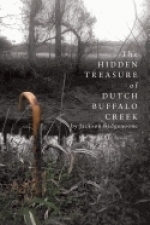
The Hidden Treasure of Dutch Buffalo Creek
Book
An eight year old boy named James, aka the wannabe Cisco Kid, nearly lost his life as he searched...
Historical Fiction Fantasy
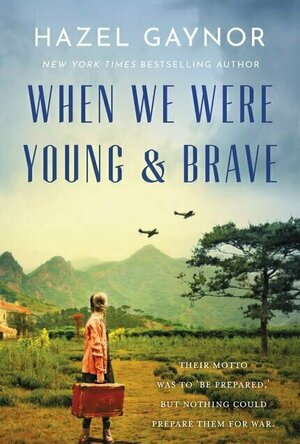
When we Were Young and Brave
Book
Their motto was to be prepared, but nothing could prepare them for war. . . The New York Times...
historical literary women fiction

The Duke of Fire
Book
Miss Jane Harcourt has seen the roguish ways of men and has resigned herself to remaining alone the...
Fiction Romance Historical
So Much Life Left Over
Book
A POWERFULLY EVOCATIVE AND EMOTIONALLY CHARGED NOVEL FROM THE ACCLAIMED AUTHOR OF CORELLI'S MANDOLIN...
Historical Fiction First World War Family Saga

Jane Seymour: The Haunted Queen
Book
Acclaimed author and historian Alison Weir continues her epic Six Tudor Queens series with this...
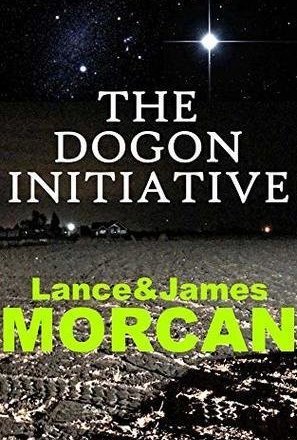
The Dogon Initiative (The Deniables #1)
Book
A group of foreign mercenaries hired as deniable assets by a newly-formed humanitarian division of...
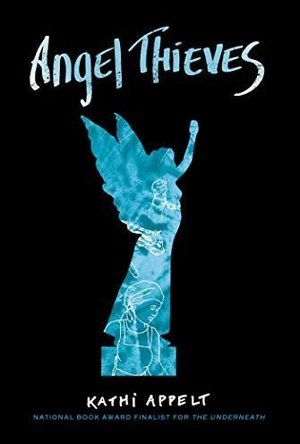
Angel Thieves
Book
An ocelot. A slave. An angel thief. Multiple perspectives spanning across time are united through...
Houston Texas Historical Fiction slavery YA Young Adult
